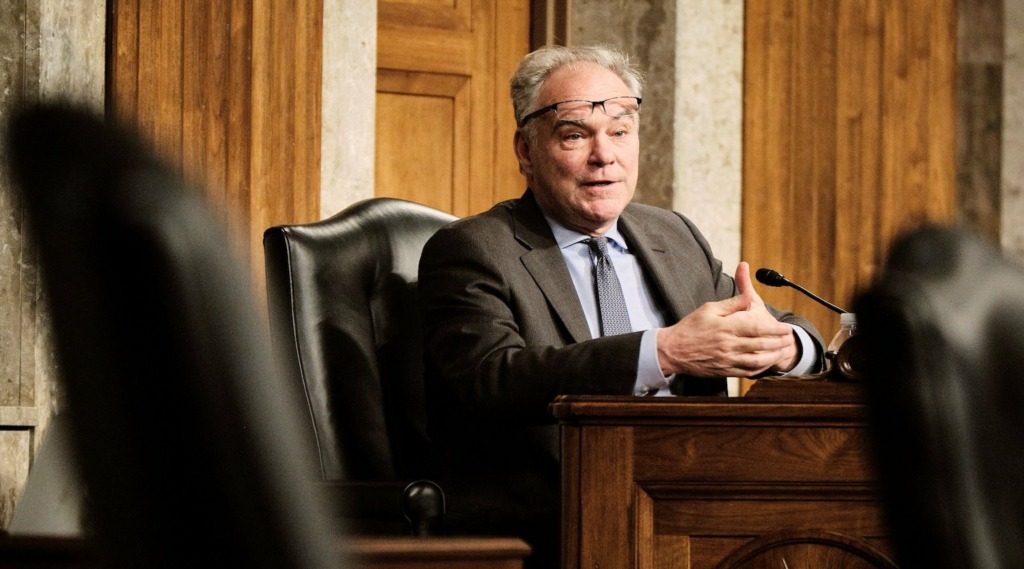In 1962, the Archbishop of New Orleans excommunicated a politician who opposed racial integration; subsequently, the politician retracted his position, and the ban was lifted.
In a May 18 National Catholic Reporter website posting, U.S. Sen. Tim Kaine challenged Archbishop Jose Gomez, president of the U.S. Conference of Catholic Bishops, for turning up the heat on politicians who oppose the Church’s teaching on “abortion, contraception, marriage and gender.”
Kaine mischaracterized the archbishop’s letter on the inauguration of President Biden as an “ad hominem” rebuke. Ironically, he then launches a personal attack, suggesting Gomez has “four preoccupations…abortion, contraception, marriage and gender;” collectively referred to by Kaine as “Church doctrine on human sexuality” — ignoring that the origin of life is transcendent and generative of an immortal soul, not merely an act of human sexuality.
The senator deceptively misrepresents Gomez’s reference to “gender” as opposition to equality and accuses the bishops of redefining the Sacrament of Unity by calling him to union with the Church.
Kaine asserts that American pluralism requires that he advocate free of the influence of Church doctrine. Pluralism means that each group brings its perspective on important issues; if Catholics do not bring a Catholic perspective, who will?
He asserts that the First Amendment prohibits him from opposing abortion on religious grounds, but such a position prevents every religious group from advocating their position. If only secular, materialistic voices are allowed, then we will become a completely secularistic and materialistic nation.
The First Amendment protects citizens from government action; it does not mean that Catholics cannot bring their perspectives to the public square. Kaine seems to calculate: if I support abortion rights, I can be elected so I can — what? — have power and position to advance policies I think are good?
It is a Faustian bargain to trade evil for good. All positions are not equal; would Kaine have contended to the New Orleans archbishop that he must represent segregationists?
The senator contends that Christ put the poor above all; that his politics is for the poor and so justifies his dismissiveness of the “preoccupations of the bishops.” But Kaine sees the poor only in terms of economic disadvantage. Addressing the economic needs of the poor is a prudential judgment of which there are multiple valid approaches.
Kaine elevates his politics above even the Church’s teaching on the nature and origin of human life. Christ mostly taught in parables, and most are not about the poor, but rather are about judgment, e.g., unwise virgins, sheep and goats, talents, servants working for the master and the harvest.
Contrary to the senator’s accusation of the bishops as “self-elevated clergy,” it is to the bishops, the successors to the apostles, that Christ gives the power to “bind on earth.” The Church has consistently taught its doctrine on “abortion, contraception, marriage and gender” to which Kaine refuses to be bound.
An English convert, Robert Hugh Benson, remarked that as the Blessed Mother gave Christ his bodily presence in the world, the Church gives Christ his physical presence in the world.
Christ lives and speaks through his Church as constituted through the successor of his apostles, not the calculations of politicians. We all would do well, considering our own impending time in the dock, to heed her judgment.
Stephen G. Reardon is an attorney in Richmond, and a member of St. Bridget Parish.

